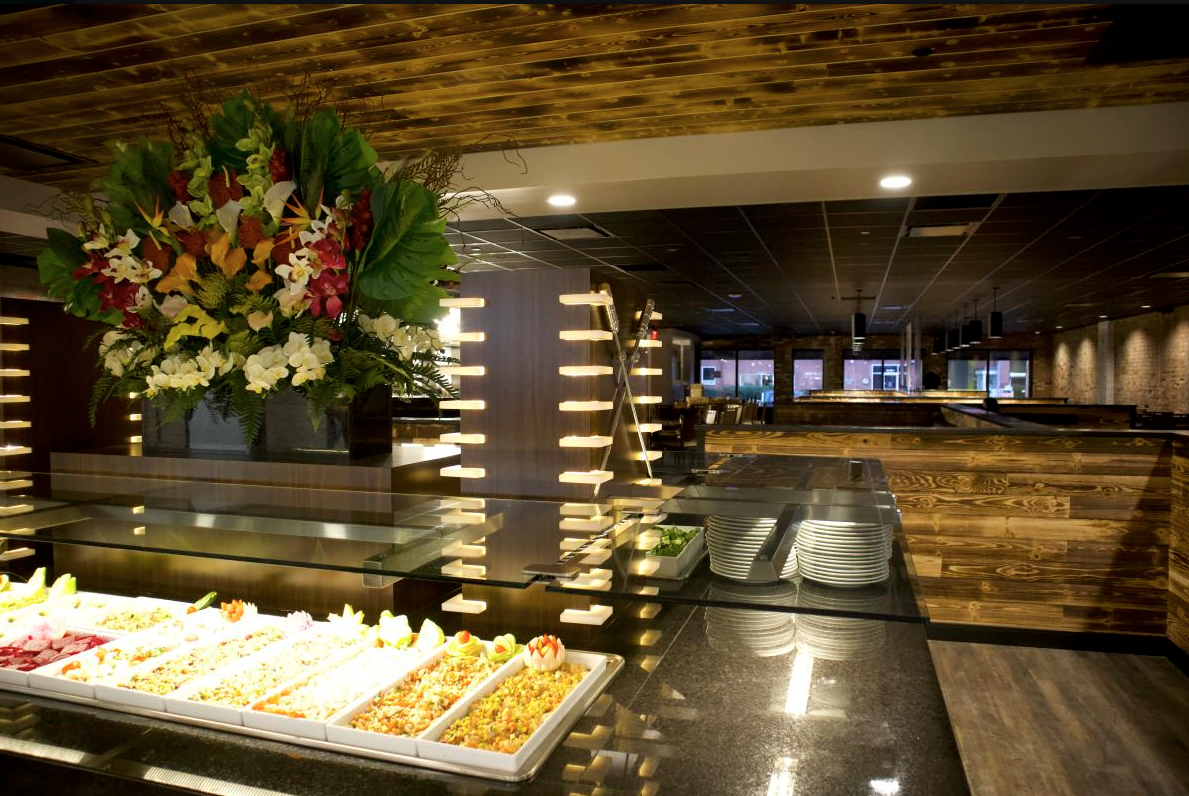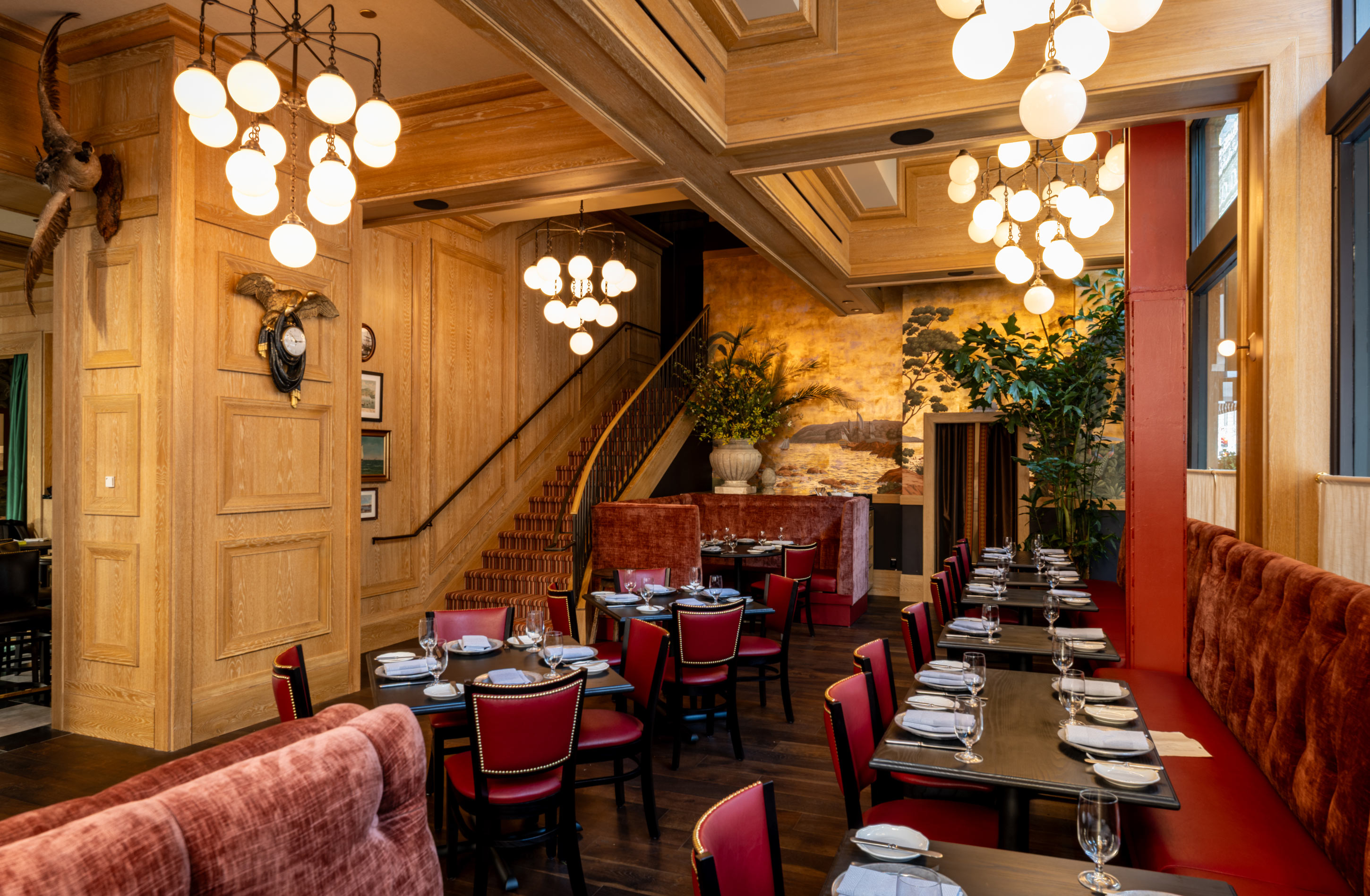
No-shows are the silent profit killer in restaurant operations. Every empty table represents lost revenue, wasted prep, and frustrated staff who could have served walk-in guests instead. But what if we told you that a strategic SMS reminder system could slash your no-show rate by up to 32% while requiring less than 24 hours to implement?
The restaurant industry is experiencing a technological renaissance, with AI-driven solutions transforming everything from order management to guest communication (Hostie AI). SMS marketing has become particularly critical, with the average person checking their phone up to 96 times daily, making text messages an incredibly effective channel for restaurant engagement (Emotive).
This comprehensive playbook draws from real pilot data and industry innovations to provide restaurant operators with a proven framework for dramatically reducing no-shows. We'll explore segmentation strategies, timing optimization, and A/B-tested messaging that delivers measurable results, plus address new regulatory considerations that make confirmation systems more important than ever.
The global food service market, valued at $2.52 trillion in 2021 and projected to reach $4.43 trillion by 2028, faces significant challenges from reservation no-shows (HospitalityNet). For restaurants operating on razor-thin margins, every empty table directly impacts profitability.
Modern diners expect immediate responses and 24/7 availability, creating pressure on restaurant operations to maintain constant communication (EnsoConnect). This expectation has driven many establishments to adopt AI-powered communication systems that can handle guest interactions around the clock.
Major players in the restaurant technology space are recognizing this challenge. OpenTable recently launched an AI chatbot called Concierge that can answer customer queries about restaurants before they book tables, using data from menus and reviews to generate responses (Restaurant Business). This represents a shift toward proactive guest engagement rather than reactive problem-solving.
Similarly, major restaurant chains are implementing AI solutions for operational efficiency. Dine Brands, parent company of Applebee's and IHOP, announced plans in June 2025 to implement Voice AI Agents for handling customer orders, demonstrating the industry's commitment to AI-driven solutions (Newo AI).
AI and Limited Language Model technology are revolutionizing SMS marketing by enabling unprecedented personalization through customer data analysis (Emotive). For restaurants, this means moving beyond generic "Don't forget your reservation" messages to highly targeted, contextual communications.
Restaurant-specific AI applications are expanding rapidly, including AI-powered chatbots for personalized ordering, predictive analytics for inventory management, and customer data analysis for personalized experiences (AppFront). These tools help streamline operations while reducing costs through automation.
The effectiveness of AI-driven communication systems is already proven in the restaurant industry. Burma Food Group has boosted over-the-phone covers by 141% using virtual concierge technology (Hostie AI). Similarly, Flour + Water increased walk-ins by 13% within just one month of implementation (Hostie AI).
These results demonstrate that AI-powered communication systems can significantly impact restaurant operations when properly implemented. The key lies in understanding how to leverage these tools specifically for reservation management and guest engagement.
Effective SMS campaigns begin with intelligent guest segmentation. AI enables restaurants to analyze customer data and segment audiences with highly relevant content, moving beyond basic demographics to behavioral patterns (Emotive).
Primary Segmentation Categories:
| Segment Type | Characteristics | Messaging Strategy |
|---|---|---|
| First-Time Guests | No previous visits | Welcome + confirmation |
| Regular Customers | 3+ visits in 6 months | Personalized + loyalty focus |
| Special Occasion | Anniversary/birthday reservations | Celebratory + premium service |
| Large Parties | 6+ guests | Logistics + menu planning |
| High-Value | Premium menu preferences | Exclusive + VIP treatment |
Send-time optimization is crucial for SMS effectiveness. Based on industry data and guest behavior patterns, the optimal reminder schedule follows this framework:
24-Hour Confirmation Window:
Weekend vs. Weekday Adjustments:
AI can handle customer feedback in real-time and generate personalized responses, making it ideal for creating dynamic SMS content (HostMe). Here are proven message templates organized by guest segment:
First-Time Guest Template:
Hi [Name]! We're excited to welcome you to [Restaurant] tomorrow at [Time]. Your table for [Party Size] is confirmed. Reply STOP to opt out.
Regular Customer Template:
[Name], your usual table awaits! Tomorrow at [Time] for [Party Size]. We've noted your preference for [Previous Order/Seating]. See you soon!
Special Occasion Template:
Celebrating something special, [Name]? Your [Occasion] reservation for [Party Size] is confirmed for tomorrow at [Time]. We have something special planned!
Restaurants serving diverse communities need multilingual communication capabilities. DACHA Projects successfully uses multilingual AI capabilities to serve its diverse clientele, demonstrating the importance of language accessibility in restaurant operations (Hostie AI).
AI systems can automatically detect guest language preferences based on booking information or previous interactions, then send SMS reminders in the appropriate language. This personalization significantly improves engagement rates and reduces no-shows among non-English speaking guests.
Modern AI platforms integrate seamlessly with existing reservation and POS systems, enhancing operational efficiency without disrupting established workflows (Hostie AI). This integration enables:
AI applications in restaurants include predictive analytics for inventory management and customer behavior analysis (AppFront). For SMS campaigns, this means:
New anti-reservation-scalping laws in New York and California are changing how restaurants must handle reservations and confirmations. These regulations aim to prevent third-party services from hoarding reservations and reselling them at premium prices.
Key Compliance Requirements:
These regulatory changes make SMS confirmation systems more critical than ever. Restaurants need documented proof of guest communication and confirmation, which SMS systems provide automatically. This creates both a compliance necessity and a competitive advantage for establishments with robust confirmation processes.
Compliance-Focused SMS Elements:
Hour 1-2: Platform Selection and Integration
Choose an AI-powered communication platform that integrates with your existing reservation system. Virtual concierge systems can handle an average of 85% of questions with only 15% requiring human intervention, making them highly efficient for SMS automation (Hostie AI).
Hour 3-4: Template Creation and Testing
Develop your initial message templates using the frameworks provided above. Test all integrations with a small sample of upcoming reservations to ensure proper functionality.
Hour 5-8: Guest Data Analysis
Analyze your existing guest database to create initial segmentation categories. Focus on identifying first-time guests, regulars, and special occasion bookings as your primary segments.
Hour 9-12: Automation Rule Setup
Configure automated triggers for different reservation types and timing scenarios. Ensure all messages comply with local regulations and include proper opt-out mechanisms.
Hour 13-18: Soft Launch
Begin sending SMS reminders to a subset of upcoming reservations (approximately 25% of your bookings). Monitor response rates and system performance closely.
Hour 19-24: Full Deployment
Expand to all reservations while continuing to monitor key metrics. Document any issues and prepare for optimization cycles.
Primary KPIs:
| Metric | Target Range | Measurement Method |
|---|---|---|
| No-Show Rate Reduction | 25-35% | Compare pre/post implementation |
| SMS Open Rate | 95%+ | Platform analytics |
| Response Rate | 15-25% | Guest replies and confirmations |
| Revenue Recovery | $X per prevented no-show | Calculate average table value |
Secondary KPIs:
AI systems can provide real-time dashboards showing pipeline risks and performance metrics, similar to how sales CRM systems track deal progression (Various CRM platforms). For restaurants, this means:
Plan for weekly optimization cycles during your first month of implementation. AI can automatically adjust messaging based on performance data, but human oversight ensures alignment with brand voice and guest experience standards.
Weekly Review Process:
AI can send customized follow-ups and suggest menu items based on previous orders, improving customer engagement and revenue per guest (HostMe). Incorporate strategic upselling into your SMS reminders:
Upselling Message Examples:
Hostie partners with Yelp to enhance waitlist experiences through AI, demonstrating how integrated systems can improve overall guest management (Hostie AI). SMS systems should connect with waitlist management to:
Restaurant demand patterns vary significantly by season, day of week, and local events. AI systems can analyze these patterns and adjust SMS strategies accordingly:
Holiday Period Adjustments:
Weather-Based Modifications:
Calculate the true ROI of your SMS reminder system by tracking:
Revenue Protection:
Cost Considerations:
Beyond no-show reduction, SMS systems improve overall guest experience through:
Restaurants with sophisticated SMS reminder systems gain competitive advantages through:
AI phone systems designed for restaurants can integrate with major reservation systems and POS platforms, handling calls, texts, emails, reservations, and orders seamlessly (Hostie AI). Common integration challenges include:
Data Synchronization Problems:
Message Delivery Issues:
Opt-Out Management:
Language and Cultural Considerations:
The restaurant industry is moving toward comprehensive AI solutions that handle multiple communication channels. Voice AI agents are being tested by major chains to handle phone orders, and this technology will likely expand to include voice-based reservation confirmations (Newo AI).
AI advancement in the hospitality sector is raising hopes for tackling labor shortages, human errors, and efficiency problems (EnsoConnect). Future SMS systems will likely include:
AI tools can deliver excellent guest experiences by providing personalized convenience (HostTools). Restaurant SMS systems will evolve to include:
Implementing an AI-powered SMS reminder system represents one of the most effective ways restaurants can reduce no-shows while improving overall guest experience. The combination of intelligent segmentation, optimized timing, and personalized messaging can deliver no-show reductions of 30% or more within the first month of implementation.
The key to success lies in treating SMS reminders not as generic notifications, but as opportunities for meaningful guest engagement. By leveraging AI capabilities for personalization, multilingual support, and predictive analytics, restaurants can create communication systems that feel natural and valuable to guests while driving measurable business results.
As regulatory requirements evolve and guest expectations continue to rise, restaurants with sophisticated confirmation systems will maintain competitive advantages in table management, revenue optimization, and guest satisfaction. The 24-hour implementation roadmap provided here offers a practical path to achieving these benefits quickly and efficiently.
The restaurant industry's embrace of AI technology, demonstrated by major chains and independent establishments alike, shows that automated communication systems are becoming essential rather than optional. Restaurants that implement these systems now will be better positioned to handle future challenges while delivering the seamless, personalized experiences that modern diners expect.
With over 300,000 guest calls successfully managed through AI systems in the past year alone, the technology has proven its reliability and effectiveness (Hostie AI). The question is no longer whether to implement AI-powered SMS systems, but how quickly you can deploy them to start capturing the benefits.
💡 Ready to see Hostie in action?
Don't miss another reservation or guest call.
👉 Book a demo with Hostie today
AI-powered SMS systems use customer data analysis to send personalized, perfectly-timed reminders that significantly improve response rates. By leveraging machine learning algorithms to optimize message timing, content personalization, and customer segmentation, restaurants can achieve up to 32% reduction in no-shows. The AI analyzes patterns like booking history, dining preferences, and response behaviors to craft compelling messages that customers are more likely to engage with.
AI SMS reminders outperform traditional systems through advanced personalization and predictive analytics. Unlike generic reminders, AI systems analyze customer data to segment audiences and deliver highly relevant content based on dining history, preferences, and behavior patterns. The technology can also optimize send times based on when individual customers are most likely to respond, resulting in higher engagement rates and fewer no-shows.
Most AI SMS reminder systems can be implemented within 24 hours using the right blueprint and tools. The process involves integrating with existing reservation systems, setting up customer segmentation rules, configuring message templates, and establishing automated workflows. Modern AI platforms like Hostie offer seamless integration with major reservation systems and POS platforms, making the setup process streamlined and efficient for restaurant operators.
Key features include automated guest messaging, smart segmentation capabilities, A/B testing for message optimization, and integration with existing reservation systems. Based on successful implementations like Burma Food Group's 141% increase in phone covers using AI systems, restaurants should prioritize tools that offer 24/7 automation, personalized upselling opportunities, and comprehensive analytics for tracking performance and ROI.
Professional AI SMS platforms implement robust data protection measures including encryption, secure data storage, and compliance with regulations like GDPR and CCPA. These systems typically include opt-in/opt-out management, consent tracking, and automated compliance reporting. Restaurants should choose platforms that prioritize data security and provide transparent privacy controls to maintain customer trust while maximizing engagement.
Restaurants typically see immediate ROI through reduced no-show rates, increased table turnover, and additional revenue from upselling opportunities. With no-show rates potentially dropping by 30-32%, restaurants can significantly improve their revenue per available seat. Additionally, AI systems can generate extra income through automated upsells like early check-ins, special menu items, or loyalty program promotions, often paying for themselves within the first month of implementation.
RELATED


